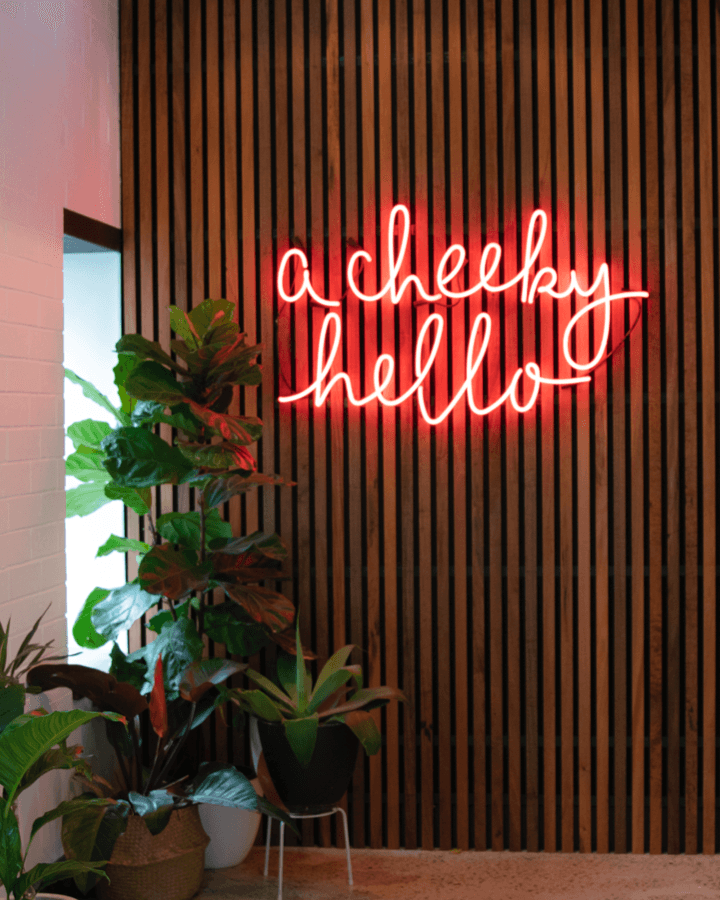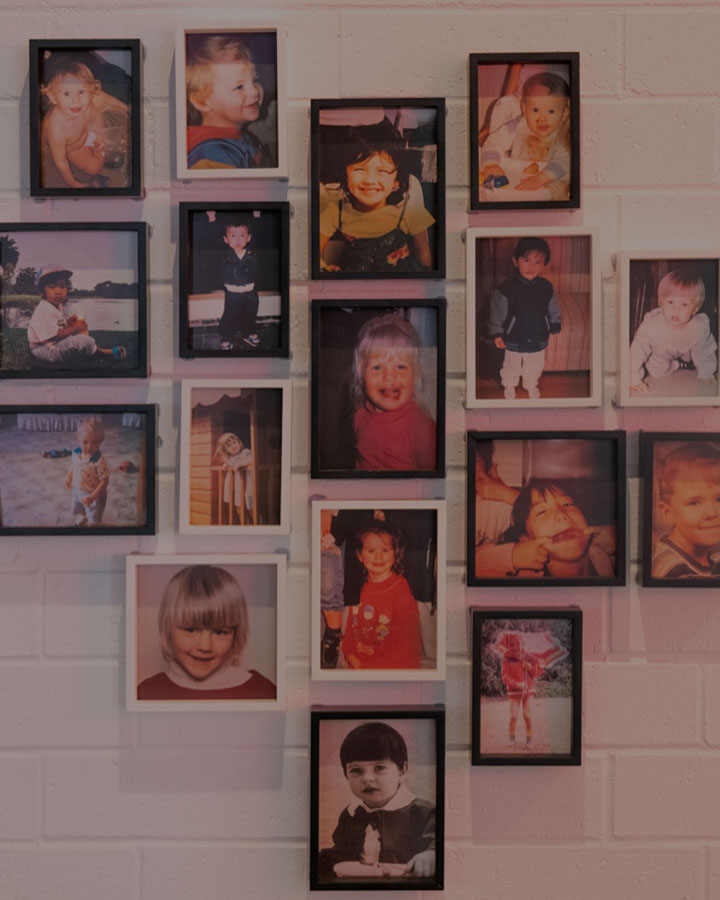Why is Qatar banning love?
The 2022 FIFA World Cup in Qatar has been dogged by controversy since its inception. Yet as always with FIFA, the show must go on — even if that means moving the tournament to the winter months due to the desert heat.
And while the FIFA brand has rarely been at a lower ebb, there’s still plenty to lose for the variety of brands that will appear at or connect themselves to the event. From the teams competing to the personal brands of the stars that endorse it, and particularly the commercial brands that seek to capitalise on it.
In this piece, we’re going to cover why Qatar even wanted to host the tournament in the first place, how brands of all types have responded, and how we as football fans or just onlookers fit into this complex and controversial picture.
Who actually wants to host a major sporting event anyway?
Everything says it’s a terrible idea…
For a start it’s expensive, from the exorbitant costs of bidding for it, then tenfold in building new infrastructure and delivering on the thing. Costs by the way, that are impossible to properly gauge the ROI on — typically paid for by the taxpayer, at the expense of other essential policies and services. Then, after the show has come and gone, you are left with any number of white elephants. From vacant stadia, to ghost towns of accommodation; sometimes even whole new airports or train stations that soon become largely defunct.
Despite all that, we still find a host of nations, large and small, bidding to take a crack at a global sporting event. Why? They perceive all the pain and costs associated as worth it for the kudos they receive in return. The soft power of changing perceptions. It’s a bit like hosting a house party. You go through all the effort of organising a costly party that you won’t enjoy much yourself, all for someone to throw up in the flower pot, another to slip vodka into the dog bowl, and the rest to less-specifically trash the place. What do you get out of it? Kudos, sweet sweet kudos for holding the rager of the year, status within a group of people that matter to you — essentially it’s a branding event.
An exercise in nation-building
With that in mind we arrive at the FIFA World Cup 2022 in Qatar, a nation geographically smaller than Sydney but bigger than Melbourne for those that like a sense of scale. Qatar are playing the branding game hard with this one. Having ‘won’ the bid back in 2010, the same time Russia ‘won’ their own bid for the 2018 edition of the event (but more on them later). This World Cup was always about Qatar announcing itself on the world stage. A hugely expensive and controversial exercise in nation-building.
Besides the widely publicised corruption behind the bid, this World Cup has been plagued with stories of migrant worker abuses and deaths, as well as the enormous carbon footprint associated with the event, including air conditioning entire football stadiums in the desert. But most prominently, for a tournament so focused on changing perception, are the cultural influences at play.
Qatar is not an LGBTQIA+ friendly state. The Qatari government does not recognise same-sex marriage or civil partnerships, nor does it allow people in Qatar to campaign for LGBTQIA+ rights. Neither do they allow the consumption of alcohol in public. These two issues were initially played down by the hosts, with all indications being that some flexibility, even tolerance, would be shown by the Qataris. However, come the opening days of the World Cup, all pretence was dropped.
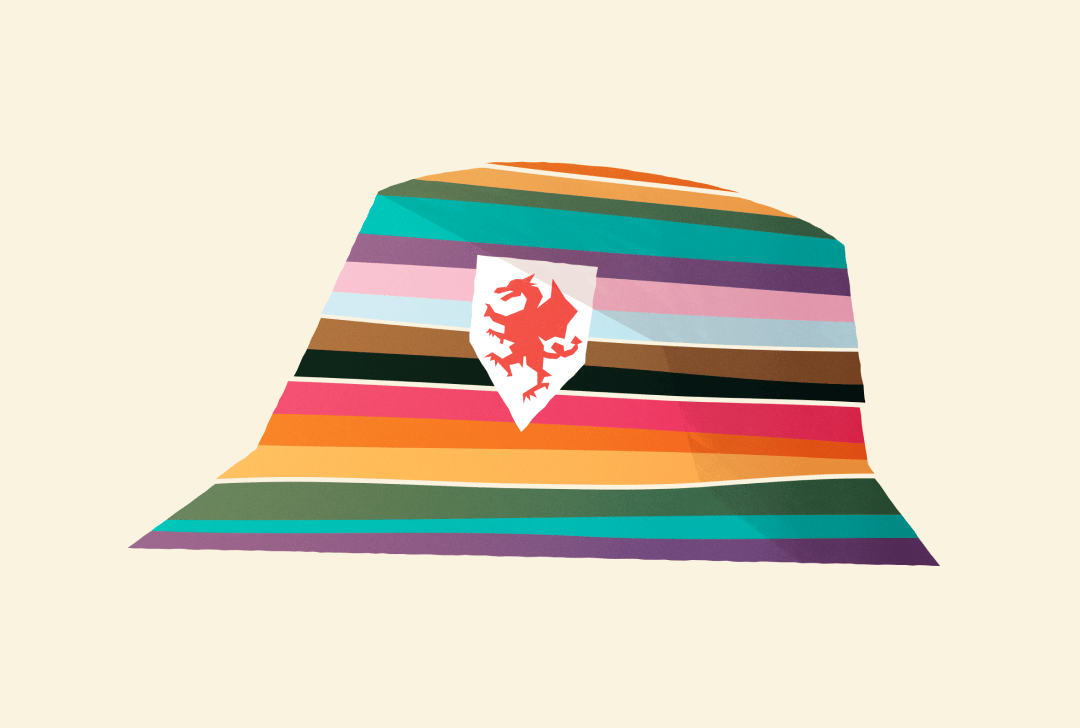
Lost in the sportswash
There was a lot of talk in the lead-up to this World Cup around sportswashing — the practice of using sports to improve reputations tarnished by wrongdoing. For some football fans, including yours truly, this pushed us to consider how we consume the event, knowing that in some way we might be contributing to the sportswashing effect.
And this is not without precedent. There were similar concerns leading into the 2018 World Cup in Russia. However, when the tournament rolled around, the reporting was widely positive — might everyone have overplayed the concerns around Russia?
Back to 2022 and we can now pretty conclusively say that the wool was firmly pulled over our eyes. ‘Brand Russia’ gained some much-needed respectability, with the era of tolerance lasting no longer than was necessary to host the event and cash in on the gains.
The Qataris haven’t even kept their own ‘window of tolerance’ open for the opening game, let alone two months, implementing a ban on alcohol at stadiums on the eve of the tournament — landing FIFA and their official beer sponsor, Budweiser, in the midst of a $112 million pickle. Budweiser kept their heads down and quietly asked for their money back, while FIFA president Gianni Infantino went on a remarkable ramble, which could only have been a deliberate trashing of his own respectability, just to divert attention.
But this was just the start. Over the course of the group stages, the Qatari authorities and FIFA laid down a clear marker against freedom of expression. They confiscated the rainbow bucket hats of Wales fans. Detained a US reporter for wearing a rainbow t-shirt. Shown double standards in their screening of flags and signs brought to the games. And even told the Belgium team that if they wanted to wear their away kit, they’d have to cover up the word ‘love’ on the collar.
The Three Lions’ lack of pride
So how have the teams responded?
Since the arrival of manager Gareth Southgate in 2016, the England team have built a strong reputation for actively supporting causes they believe in, including joining a group of nine teams intending to wear the ‘One Love’ armband at the World Cup, supporting LGBTQIA+ communities in Qatar and beyond.
However, once FIFA told the group that ‘sporting sanctions’ would be levelled against any team that wore the armband, England and the others (bar a hand over the mouth gesture in the German pre-match photo) dropped the armband without much pushback.
As Jonathan Liew put it in the Guardian, “the true measure of activism is in what you are prepared to give up.” Well in this moment, these players weren’t willing to risk a yellow card on the field, in the name of standing for the rights of LGBTQIA+ people everywhere. Throwing their credibility away with the armband at the first sign of trouble.
This lack of backbone was only heightened by the actions of England’s opposition in their opening game. Iran, playing with much political unrest back home, stood up for their fellow citizens by refusing to sing their national anthem in direct protest against the ruling regime. In doing so they risked the safety of themselves and their families — a point made all too plain by a subsequent ‘visit’ by the Iranian Revolutionary Guard ahead of their next game with the USA.
In essence, England were unwilling to risk a yellow card, while as Liew unequivocally lays it out, the Iranian team were willing to risk ‘unemployment, humiliation, imprisonment and threats against their families from a depraved autocratic regime.’ England may have come out 6-2 winners on the night, but it was a victory in the sporting sense only. The Three Lions brand irrevocably tarnished in the eyes of many, and more importantly the power of that brand to unite and change perceptions across a host of sociocultural issues now diminished.
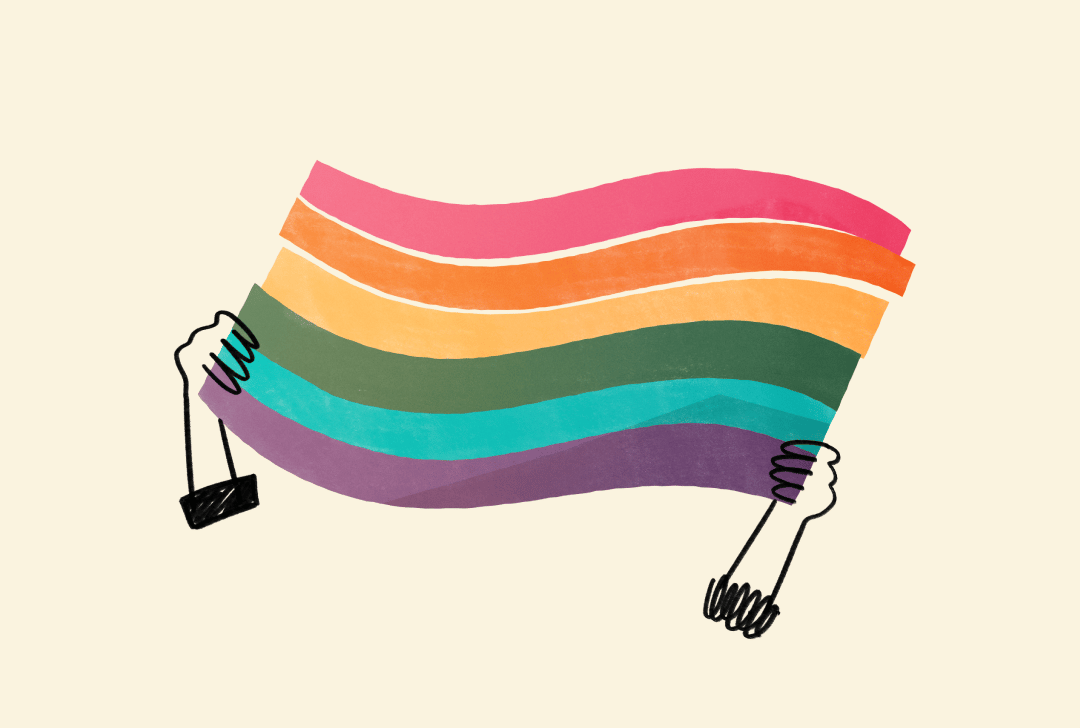
No brand is immune to the Qatar effect
From young lions to old. David Beckham is one of the world’s most recognisable footballing brands. In the 90s-00s when his brand was being built, he became the first Premier League footballer to be embraced as a gay icon; a status cemented when he was featured on the cover of Attitude magazine.
So what was the value of the carefully constructed Beckham brand? Well, approximately $277 million it seems. The amount he took to be the ‘face of the Qatar World Cup’ in a quite ridiculously overplayed campaign, where Beckham is seen cavorting around Qatar pointing at things he loves.
The backlash against this move was perfectly captured in a stunt by comedian Joe Lycett, who ended up shredding Beckham’s edition of Attitude magazine on a live stream. You couldn’t help but think that the likeability of the Beckham brand went with it.
Rise of the anti-sponsor
It doesn’t end with brand Beckham. Bandwagoning is now a well-rehearsed and fraught routine for brands looking to capitalise on cultural moments. And this brings us back to beer with Brewdog’s so-called anti-sponsorship of the World Cup.
A famously-controversial brand, Brewdog launched a new beer ‘Lost Lager’, with all profits going towards fighting human rights abuses in response to the treatment of migrant workers in Qatar. If you ignore the vagueness of the destination of the funds and the typical lack of transparency around the word ‘profit’, it all sounds like a good initiative.
However where it falls down is that the ‘anti-sponsorship’ doesn’t go as far as refusing to show World Cup matches at Brewdog pubs and other venues, where the brand will be directly cashing in on the tournament with the rest of their beers. Nice try guys, it certainly made a splash on LinkedIn for the day, but the veneer didn’t hold up to much.
Brewdog is not alone in this, with the likes of Visa, McDonalds, Hyundai and Coca-Cola all sponsoring the World Cup, while also having their own substantial pride campaigns — little wonder the LGBTQIA+ community feels let down by brands time after time.
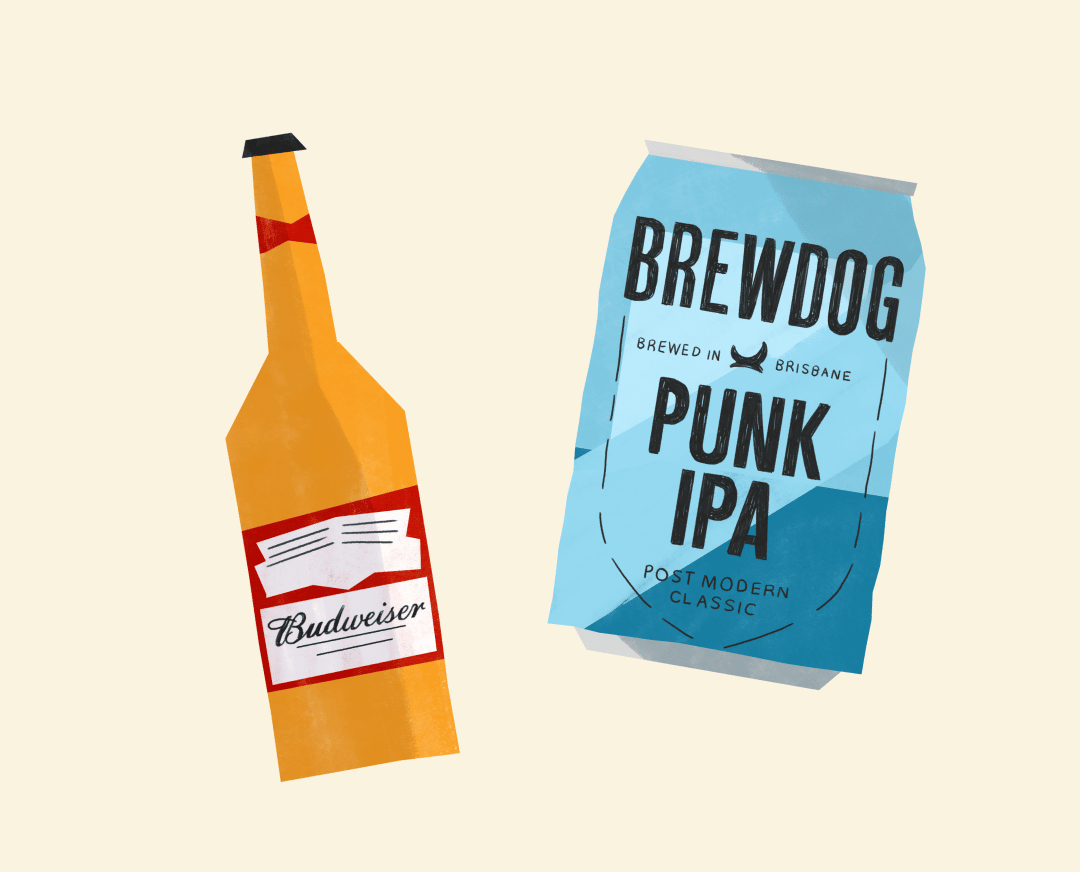
How do we beat sportswashing?
So we’re into the knockout rounds and it feels like the prevailing narrative has slipped from outrage, back to football — just as FIFA have wanted all along. The same bland metaphors of England’s young players being the ‘lion cubs’ and the ‘well-organised, brave defeats’ of the Socceroos and Senegal — all the typical numbing cliches and warm trappings of the modern entertainment business that is football.
And that’s how the FIFA brand wins, they want us to focus on football. And yes I’m going to support England all the way to glorious defeat. But it also feels like my duty to pull myself out of the game from time to time to remind myself and others of the bigger picture here.
Because while it might be boring to keep rabbiting on about the issues surrounding Qatar 2022, it’s exactly now, when it gets boring and football starts to become the story, that we need to raise our voices. Otherwise, the washing works again. Because in speaking up, we force brands to consider their role in society. Asking them how to consider how they play a meaningful role in their consumers’ lives, built around a shared set of values. And in doing so, helping to shape the society we want to live in.
